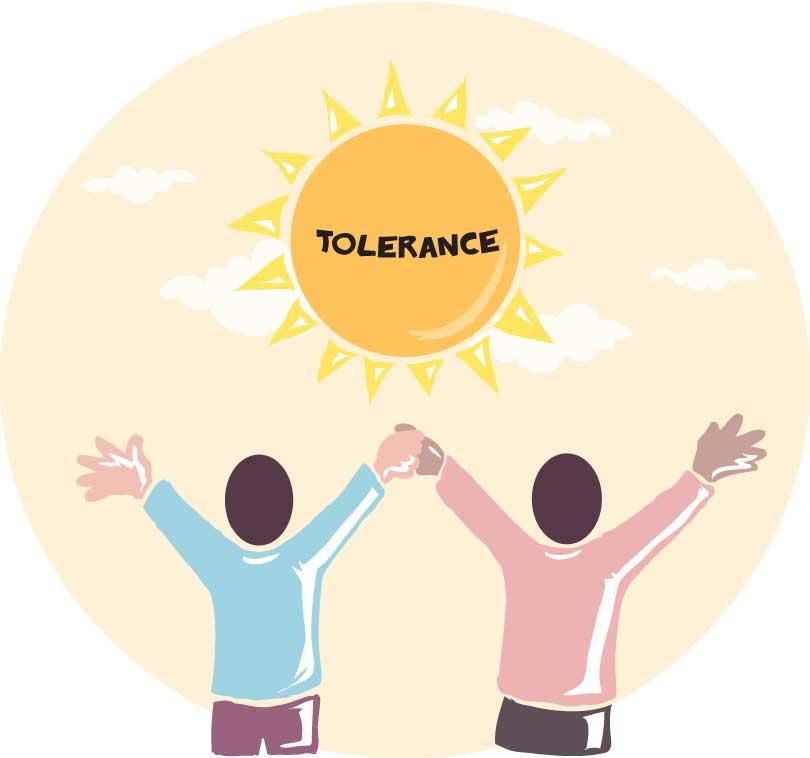Reply To:
Name - Reply Comment

With the resounding victory of Gotabaya Rajapaksa in the presidential election conducted on November 16, much attention is now focused on what will happen or what should happen in Parliament. Speaker Karu Jayasuriya’s office in a statement says it has been holding consultations with Prime Minister Ranil Wickremesinghe, Opposition Leader Mahinda Rajapaksa and other party political leaders about what course of action should be taken.
According to the Speaker’s statement, three options are being discussed. One is to dissolve Parliament on March 1 next year in terms of the Constitution and hold general elections in April. The second is to dissolve Parliament with a 2/3rd majority of the members and go for a General Election immediately. The third is for Mr. Wickremesinghe and his government to step down and allow the new President to appoint a caretaker Cabinet until a general election is held. The Speaker’s office said party leaders would meet and take a decision this week on one of these options.
We hope the Sri Lanka Podujana Peramuna and President Gotabaya Rajapaksa will act with magnanimity and wisdom while the United National Party led United National Front—though now in shambles with several ministers already announcing their resignations -- will also act with courage and wisdom in the highest interest of the people. Yesterday, Prime Minister Wickremesinghe was scheduled to meet President Gotabaya Rajapaksa and we hope they would both look at what is in the best interest of the country. The crucial Election Day November 16 was also the United Nations International Day for Tolerance. National Elections Commission Chairman Mahinda Deshapriya—outspoken and widely-admired for his skill and impartiality -- also said the NEC decided to have the election on November 16 because it was the International Day for Tolerance.
In a statement, the UN says it is committed to strengthening tolerance by fostering mutual understanding among cultures and people. This imperative lies at the core of the UN Charter and the Universal Declaration of Human Rights, and is more important than ever in this era of rising and violent extremism and widening conflicts that are characterized by a fundamental disregard for human life. We hope President Gotabaya Rajapaksa and the government will maintain the spirit of tolerance specially of people who belong to minority races and religions because that is the effective way to ensure sustainable and eco-friendly development through unity in diversity.
The presidential election’s most notable feature was the huge difference between the support base for the two main candidates. In the Northern and Eastern Provinces, more than 80 per cent of the people voted for the New Democratic Front candidate Sajith Premadasa and support for him was even more than what former President Maithripala Sirisena got when he contested as the common candidate of the Democratic People’s Alliance (DPA) in January 2015. But in the Southern and other provinces, Gotabaya Rajapaksa won by huge majorities and received more than 52 per cent of the national vote, second only to the 62 per cent obtained by Chandrika Bandaranaike Kumaratunga in the 1994 presidential election.
According to the UN, in 1995, to mark the United Nations Year for Tolerance and the 125th anniversary of the birth of Mahatma Gandhi, the United Nations Educational Scientific and Cultural Organisation (UNESCO) created a prize for the promotion of tolerance and non-violence. The UNESCO Madanjeet Singh Prize for the Promotion of Tolerance and Non-Violence rewards significant activities in the scientific, artistic, cultural or communication fields aimed at the promotion of a spirit of tolerance and non-violence.
On the day of its 50th anniversary, November 16, 1995, UNESCO’s member states adopted a Declaration of Principles on Tolerance. Among other things, the declaration affirms that tolerance is neither indulgence nor indifference. It is respect and appreciation of the rich variety of our world’s cultures, our forms of expression and ways of being human. Tolerance recognises the universal human rights and fundamental freedoms of others. People are naturally diverse; only tolerance can ensure the survival of mixed communities in every region of the globe. We hope this spirit will prevail in Sri Lanka in the coming months and years.